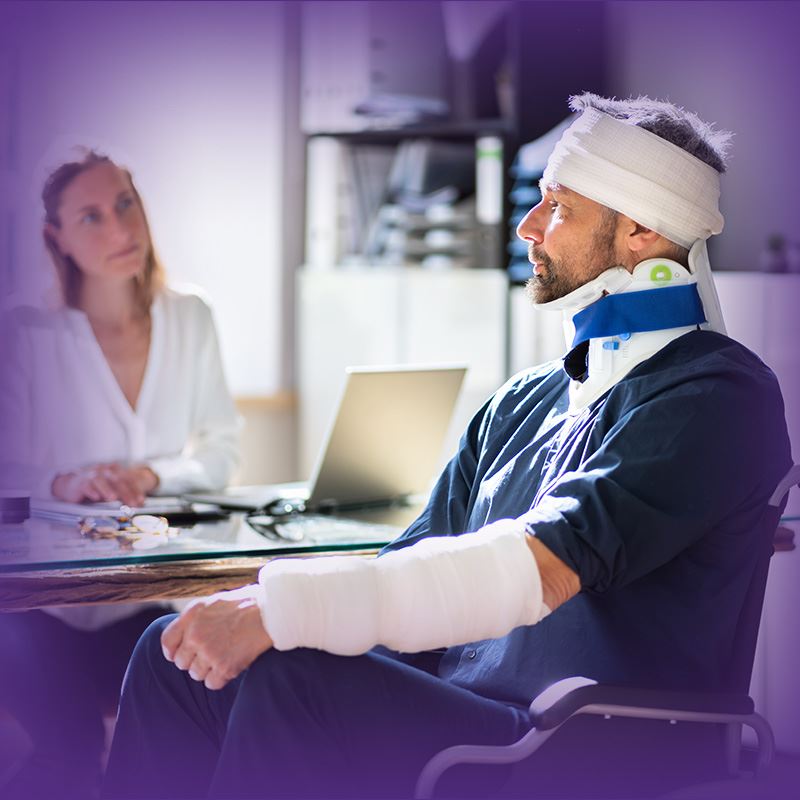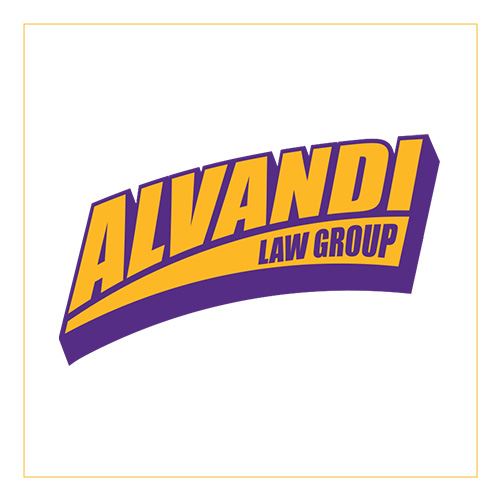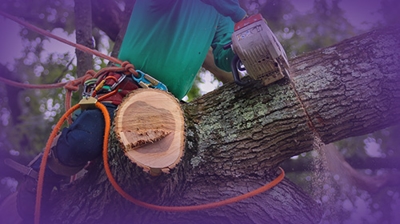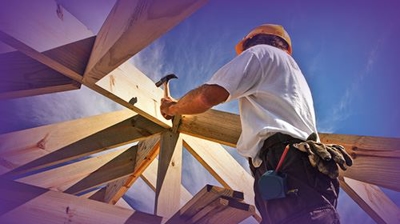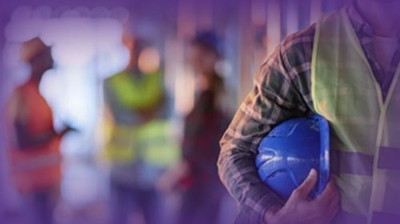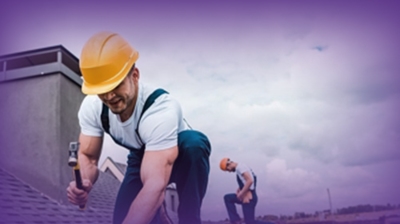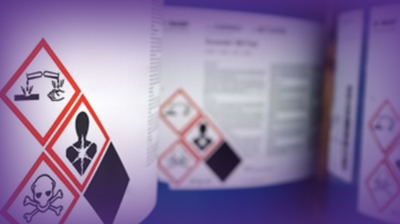
Premises Liability Lawyer
Over a Billion Dollars Recovered for Injury Victims

See Our Success Stories
-
 $5,400,000 Tree Trimming Accident
$5,400,000 Tree Trimming AccidentSecured $5,400,000 for a client injured following a tree trimming accident.
-
 $4,400,000 Construction Site Accident
$4,400,000 Construction Site AccidentAchieved $4,400,000 for a client harmed in a construction site incident.
-
 $1,500,000 Construction Site Accident
$1,500,000 Construction Site AccidentWon $1,500,000 for a client involved in a worksite accident.
-
 $850,000 Roofing Injury
$850,000 Roofing InjuryObtained $850,000 for a client involved in a roofing injury case.
-
 $700,000 Office Work Injury
$700,000 Office Work InjuryObtained $700,000 compensation for a client who suffered an office-related injury.
-
 $700,000 Chemical Exposure
$700,000 Chemical Exposure
How Alvandi Law Group, P.C. Can Help
At Alvandi Law Group, P.C., we have extensive experience handling premises liability cases in Las Vegas and throughout Nevada. We understand the complexities involved in proving negligence and liability, and we will work hard to build a strong case on your behalf.
Here's how our firm can help:
- Thorough Investigation: We will conduct a thorough investigation of the incident, gathering evidence such as photographs, surveillance footage, and witness statements to support your claim.
- Prove Negligence: Our team will work to prove that the property owner or occupier failed to maintain a safe environment, leading to your injuries.
- Pursue Maximum Compensation: We will fight for the maximum compensation you deserve, including medical expenses, lost income, pain and suffering, and more.
- No Upfront Fees: We work on a contingency fee basis, meaning you don’t pay unless we win your case.
To schedule a free case review, call (800) 980-6905 or contact us online today!
